
|
|
The power unit is mounted on a wall in: |
|
|

|
 a utility room a utility room
 a garage a garage
 a loft a loft
 a cupboard a cupboard
 under the stairs under the stairs
|
|

|
|
The power unit is linked to wall inlets via hidden ductwork in walls or natural voids such as: |
|
|
 within soil-pipe boxing within soil-pipe boxing
 under kitchen plinths under kitchen plinths
 back of fitted wardrobes back of fitted wardrobes
 back of airing cupboards back of airing cupboards
 behind bath behind bath
 within insulation layer of floor screed within insulation layer of floor screed
|
|
|
|
|





|
power unit
hidden pipework
wall inlet
VacPan automatic dustpan
hose, wand and floor tool
|
|
|
|
|
|
The vacuum ductwork is normally installed at first fix stage at the same time as the electrical and plumbing systems. The PVC vacuum pipe has an outside diameter of 52mm and comes in 2m lengths.
The whole system can be DIY installed or you can either get your plumber, builder or a Total Home Environment engineer to complete the installation for you. |
|
|
|
|
|
 |
|
|
|
|
|
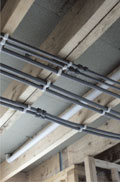 |
Central vacuum pipe
fitted under the floor
of the first floor,
running with the joists. |
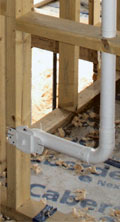 |
Central vacuum pipe shown fitted within a timber partitioned wall at first fix. |
|
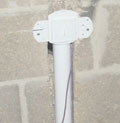 |
Central vacuum pipe
shown chased into a
solid blockwork wall at first fix with a screed
to be laid over the
pipe on the floor. |
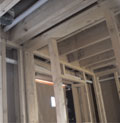 |
Central vacuum pipe installed within timber frame work of property. |
|
|
|
|

|
|
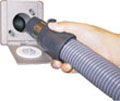 |
plug a vacuum hose into one of only a few wall inlets required, usually in a hallway or landing
A 9m hose is the most popular length, followed by 10m and 12m. Occasionally you will require an inlet actually in a room, if you have a "room-off-a-room" situation (like an ensuite/conservatory). It is best to keep wall inlets in common areas, to minimize disruption to anyone who might be in the room. |
|
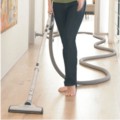 |
|
|
|
|

|
|
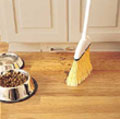 |
luxuries you can't do without
Don‘t forget that dirt and spills can be swept-up in the kitchen and that with one touch of the toe switch on the VacPan, dirt can be whisked away in an instant with the automatic dustpan!
For information on how to design and install a Beam Central Vacuum system, please visit our downloads section. |
|
|